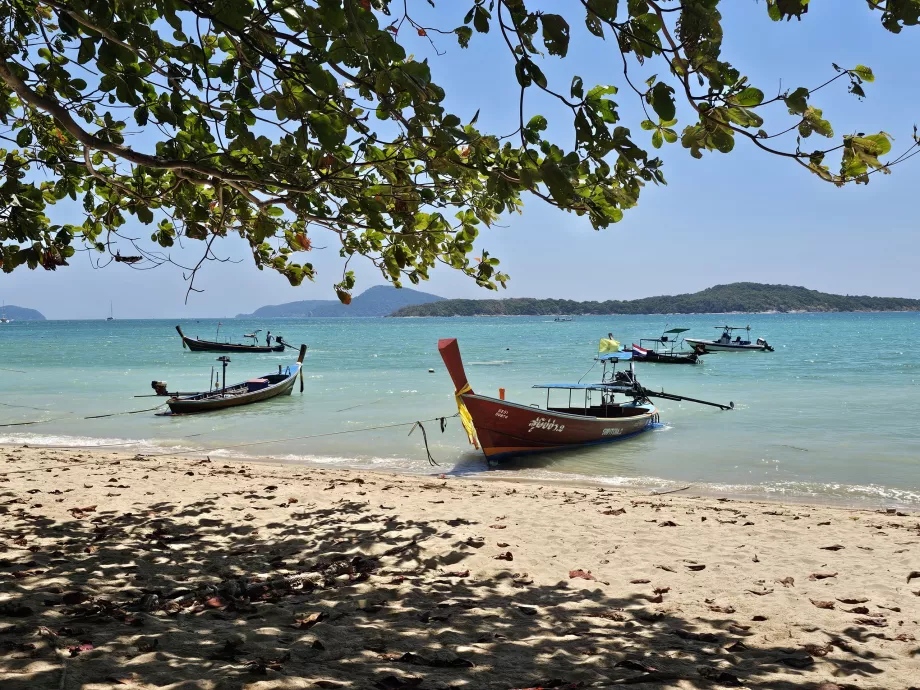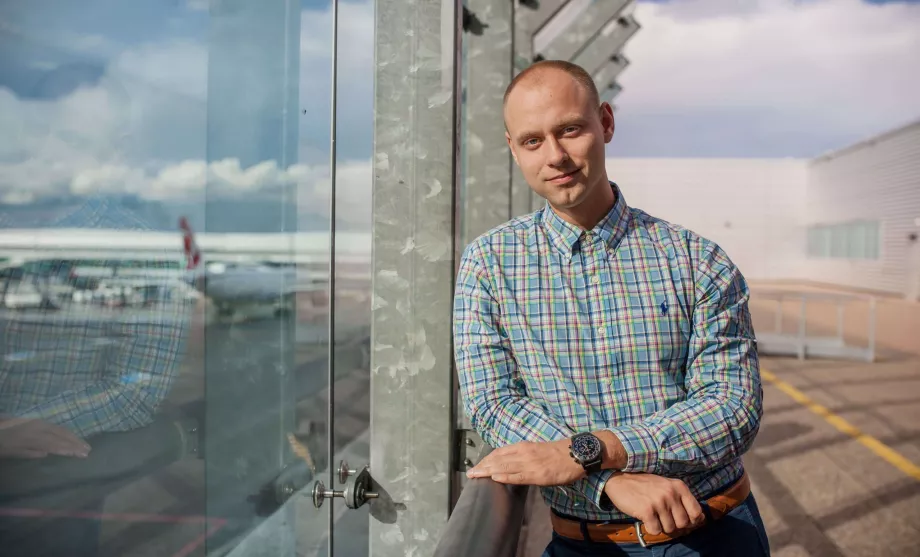Car rental in Phuket

If you don't want to spend your Phuket holiday on just one beach and prefer trips into the countryside or to secluded hidden beaches, the best way to get around is to rent a car.
While many travellers prefer to rent a scooter, we recommend travelling by motorbike only for experienced drivers. Moreover, in a multi-person group, renting a scooter won't work out that much cheaper.
Where, when and how to book a car in Phuket
Many large multinational car rental companies and smaller local ones operate in Phuket. Renting a car here is like in any other civilized country.
Prices and availability of cars vary according to the season.
If you are heading to Phuket between December and April, book your car at least 2-3 months in advance.
We have had a particular good experience with Europcar or Hertz car rental companies.
Phuket car rental prices
Phuket is one of the more expensive destinations within Thailand and rental prices are also high.
Prices also vary according to the season. To give you a better idea, here are the prices in US dollars.
- Weekly rental peak season (December to March): from 150 usd for the smallest car
- Weekly rental off-season (August to November): from 120 usd per smallest car
- Compare Phuket airport rental prices
Prices for larger SUVs are up to 3 times that of the smallest cars.
As elsewhere in the world, the longer you rent a car, the lower the price per day.
In addition, it is advantageous to book a car at least 2-4 months in advance. Conversely, if you book for more than 7 months, you will see fewer offers and it pays to wait.
International driving licence and other documents
To rent a car in Phuket, you will need a national driving license and always an international driving license, which you must carry with you.
In Phuket, most car rental companies still require a credit card. They usually charge a deposit of around 1 000 usd.
Petrol prices and petrol stations
Petrol in Thailand is cheaper than in Europe, for example, but more expensive than in Malaysia or Indonesia.
European units of measurement are used here, so all prices are per litre.
Petrol prices range from 36 thb to 38 thb per litre.
How do petrol stations work in Phuket?
There is a good density of petrol stations on Phuket and you can find a petrol station in every major town.
All petrol stations here are manned, there are no self-service ones yet.
Just drive up to the stand, open the tank and tell the attendant how much you want to fill up. Either in litres or in maximum monetary value, or just say "full tank please".
Payment can always be made in cash and in the vast majority of cases also by card. You pay directly to the attendant who fills your tank, so you don't have to leave the car at all.
Most petrol stations are equipped in the same way as everywhere else: a small shop with snacks and car accessories, or a café.
Quality and road markings
Phuket has a very dense network of good quality tarmac roads, and there is also a four-lane expressway from Phuket Town northwards across the Sarasin Bridge.
The quality of the roads here is of a high standard. The roads have horizontal markings and are free of major potholes. In the towns be prepared for often narrow stretches and on the west coast the roads are very hilly and winding.
Road signs are a mix of European and American format and are well maintained and clear.
The vast majority of signage is written in both Thai and English, so driving for foreigners is not a major problem here.
Traffic regulations
In Thailand, and therefore in Phuket, driving is on the left.
Drivers are quite considerate. They often honk their horns, but don't worry about it. Honking is also a sign of thanks, for example if you swerve to the side of the road when you are overtaken by a faster vehicle.
Speeds
Speeds are measured in kilometres per hour and the maximum speed limits are as follows:
- In built-up areas - 60 km/h (approx. 37 mph)
- Outside a built-up area - 90 km/h (approx. 55 mph)
Speeds in towns are often reduced by road signs.
Priorities and roundabouts
At junctions not controlled by traffic lights or signs, right of way applies.
Roundabouts are common, where the car travelling on the roundabout always has the right of way.
A pedestrian in a crosswalk does not have the right of way over cars.
Alcohol, seat belts, helmets and talking on the phone
Seat belt use is compulsory in the front seat.
Helmets are compulsory for drivers and passengers on scooters and this rule is very often checked by the police. Fines are around 500 thb.
It is illegal to drive under the influence of alcohol in Thailand. The tolerance is set at 0.05 per mille.
Traffic density
Traffic is very dense on Phuket, especially around Phuket Town and major resorts such as Patong or Kata.
Often long queues form, which can extend the journey to twice the normal length.
The queues most often form in front of traffic lights, which are often more than 3 minutes apart.
The directions most prone to queue formation are all the main roads heading to Phuket Town, especially from Patong and Chalong.
Parking
Parking is free on almost all streets or in car parks.
However, in towns it can be difficult to find a free parking space due to narrow streets.
The hardest places to find parking are in Phuket Town and Patong, where we recommend taking a bus or taxi.
Any questions left?
If you have any questions or comments about the article...

